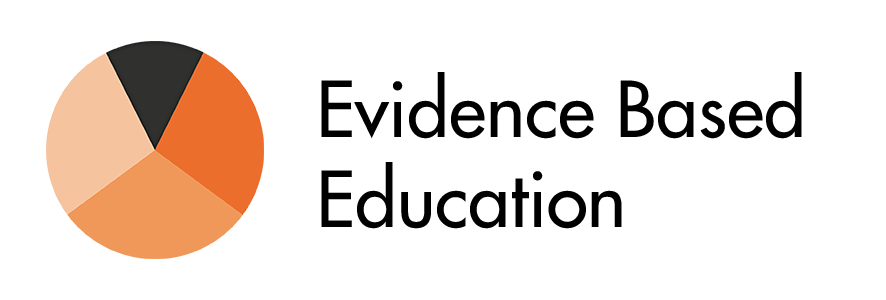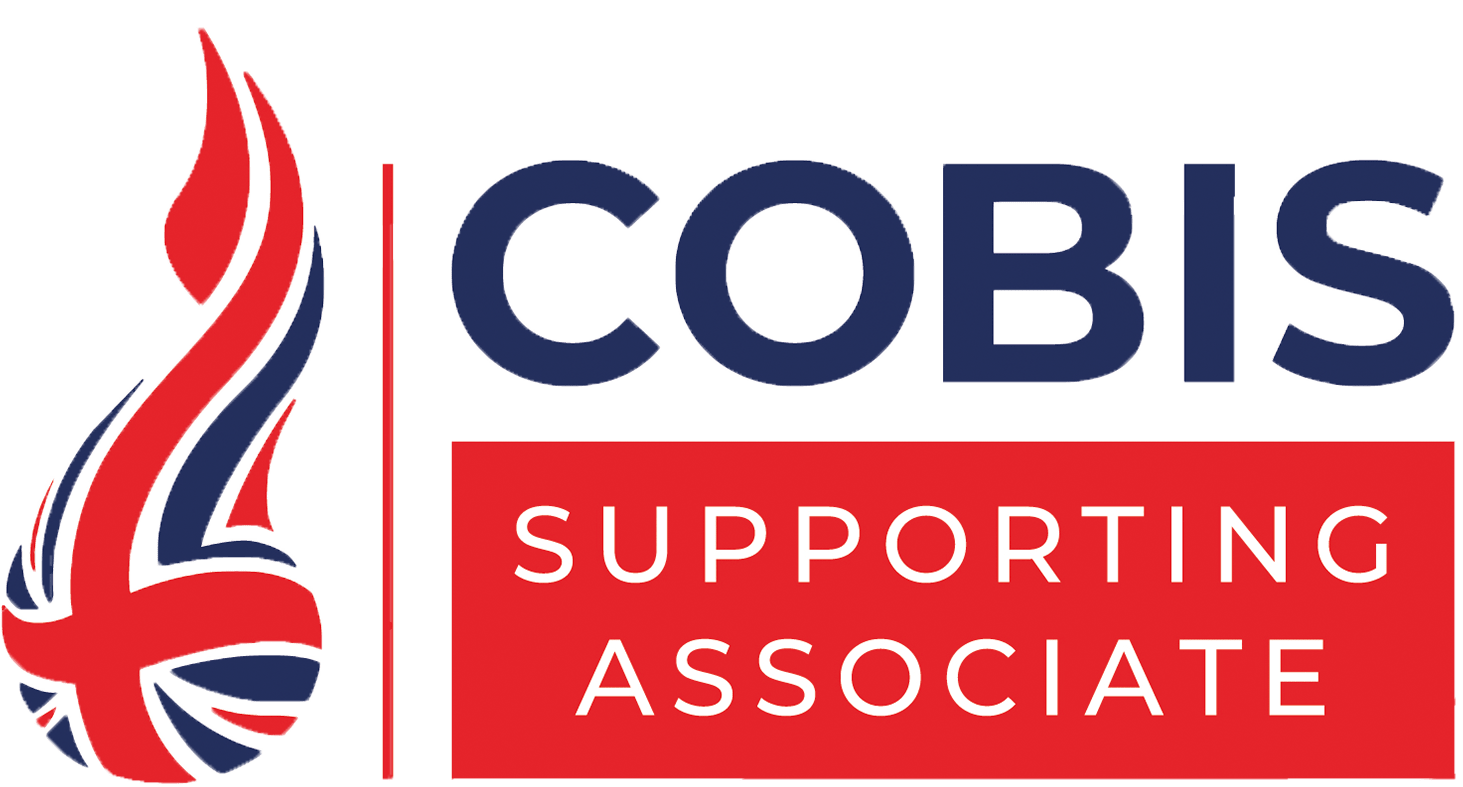This blog post is inspired by the work of Dr Gwyneth Hughes, who researches on ipsative assessment. This is a form of assessment which compares the current performance of a student to their previous performance. Thus, ipsative assessment is a self-referential type of assessment.
In her work, Dr Hughes referred to ipsative feedback and ipsative grades. I argue in favour of the former, and will focus on its potential benefits here. But first, a definition: ipsative feedback involves references to previously-provided feedback and the personal progress that students have made compared to that. Even though any type of feedback should have constructive elements to help the students meet specific criteria in future work, ipsative feedback specifically links the previous performance and feedback with the current. As Hughes (2017, p.10) explicitly said in her book:
[t]he assessor could rely on recall of a previous performance, but although appraising progress using memory alone may be fine for individual supervision or small classes, it is not appropriate for large group of undergraduates who may in any case be deliberately anonymised with the aim of reducing marking bias.
However, it could be counterargued that memory has limitations, and therefore a good record of the previous performances is necessary for the implementation of ipsative assessment. Hughes (2017) also identified the importance of recording keeping, discussed how technology can assist and suggested the use of Feedback History tool.
The record-keeping approach based on ipsative assessment might also provide additional motivation for the schools to increase the quality of information about students’ progress. That record would be of a different type, since it would not be based solely on quantitative indicators of progress (i.e., grades), but also qualitative indicators which are included in feedback. The qualitative indicators might have the benefit to present clear descriptive statements, whose meaning can be ‘interpreted’ easier than numbers
Even though Dr Hughes’ focus is mainly on higher education, her ideas of ipsative assessment could be applied in primary or secondary school settings. In her book, Ipsative Assessment and Personal Gain: Exploring International Case Studies (2017), there are two examples of primary and secondary implementation of these assessment techniques. One is of a secondary school in New Zealand, which aimed to identify the benefits related to ipsative assessment in combination with an effort to improve students’ metacognition (McIntyre, 2017). It has to be clarified that, at the beginning of November, an EEF report about the evidence supporting the impact of metacognition of attainment was published (Education Endowment Foundation, 2017). This is well worth reading, and you can find it here.
Additionally, ipsative assessment might be helpful for students who consistently perform at the lower end of their cohort. Instead of feeling that they do not perform well enough when judged against criteria, and seeing themselves never getting “good grades”, these students can feel rewarded if their personal progress is recognised. Ipsative assessment encourages them to be better than their previous selves. That said, it isn’t just for those at the lower end; this type of assessment can be considered encouraging and beneficial for every student in the classroom who would like their personal efforts to be recognised.
As I have previously said, I support the benefits of ipsative feedback, particularly given that it does not promote competition amongst the students, since it does not facilitate comparison of their performance. Thus, school climate and collaboration in the classroom can be improved. These things are crucial indicators for any school, and a school’s climate in particular has been widely examined in lots of studies and correlated with school success. Scholars of the school effectiveness movement also put emphasis on the importance of a safe school climate where students can learn and make mistakes (Beare, 2007, p.34).
I recognise that one of the main arguments that some teachers will have against this idea is that we should prepare our students for the real world and the final exams. Ipsative assessment could play that role, too. Hughes wrote in her book that ipsative assessment could fit the model of assessment of learning since it enables tracking progress. Nevertheless, are summative purposes the most important purposes of assessment in schools? According to Dylan William (2013), assessment is the bridge between teaching and learning. Despite the various purposes of schools, there is a consensus that assessments should facilitate learning; this is one main thing that ipsative feedback targets.
Finally, since we are Evidence Based Education, I would like to conclude this blog post by discussing the evidence on the impact of ipsative assessment. I previously mentioned the impact that it causes could refer to particular types of students, or to areas other than just attainment; this has been mentioned in various case studies. For example, Gandhi (2017) examined the learning outcomes of students participating in ‘compete with yourself’ (an implementation of ipsative assessment) compared to a control group with traditional teaching and found that the first group had bigger learning gains. Moreover, Hughes (2014) provided some qualitative evidence about the effectiveness of ipsative assessment in her book Ipsative Assessment: Motivation through marking progress. According to my research, currently the biggest gap in the bibliography of ipsative assessment is the lack of a (randomised) controlled trial to ascertain impact. However, I would welcome further investigation with a large-scale controlled trial.
Here at EBE, we guide and support schools to design their own controlled trials (or “DIY evaluations”). For more on this work, you could read the EEF’s DIY Evaluation Guide, co-authored by Dr Stuart Kime, our Director of Education, or read more about our Research Support Partnership here.
References
Beare, H. (2007). Four Decades of Body-Surfing the Breakers of School-Reform: Just Waving, Not Drowning. In Townsend, T. (ed). International Handbook of School Effectiveness and Improvement Part I (pp.27-40). Dordrecht: Springer.
Education Endowment Foundation (2017). Meta-cognition and Self-regulation. Available at: https://educationendowmentfoundation.org.uk/evidence-summaries/teaching-learning-toolkit/meta-cognition-and-self-regulation/
Gandhi, S. (2017). Compete With Yourself (CWY): Maximising Learning Gain in Schools. In Hughes, G. (ed) Ipsative Assessment and Personal Learning Gain: Exploring International Case Studies (pp.221-242). London: Palgrave Macmillan.
Hughes, G. (2014) Ipsative Assessment: Motivation through marking progress. Basingstoke: Palgrave Macmillan
Hughes, G. (2017). Ipsative Assessment and Personal Learning Gain: Exploring International Case Studies. London: Palgrave Macmillan
McIntyre (2017). Raising Self-Efficacy Through Ipsative Assessment and Feuerstein’s Instrumental Enrichment Programme. In Hughes, G. (ed) Ipsative Assessment and Personal Learning Gain: Exploring International Case Studies (pp. 85-104). London: Palgrave Macmillan.
Wiliam, D. (2013). Assessment: The bridge between teaching and learning. Voices from the Middle, 21(2), 15-20.






I study M.A in English teaching and I am going to write my thesis about ipsative assessment. can you guide me more?
Hi Maliheh, I’m making a few enquiries to gather useful resources for you. When I hear back I will get in touch with you :)